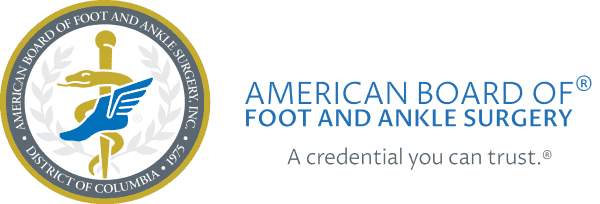WELCOME to BARRETT PARKWAY FOOT AND LEG SPECIALISTS
Specialized Foot & Ankle Solutions You Can Trust
Your feet and ankles are the foundation of your mobility and quality of life. We are dedicated to keeping you moving comfortably, confidently, and pain-free. Whether you’re dealing with chronic foot pain, an injury, or a condition affecting your legs or ankles, our experienced team provides expert care tailored to your needs.
From everyday concerns to complex podiatric conditions, we combine advanced medical techniques with compassionate care to help you get back on your feet.
About Us
At Barrett Parkway Foot and Leg Specialists, we believe that patient education is just as essential as expert podiatric medicine and surgery. Our mission is in promoting active lifestyles while emphasizing the importance of both prevention and timely treatment.
Every visit includes direct care from our physician, ensuring a personalized and collaborative approach to your foot and ankle health.
From routine foot care to complex surgical procedures, we provide comprehensive treatment tailored to your individual needs.
As a partner of Wellstar and the ACO network, we are committed to improving the health and well-being of every person we serve.
OUR MISSION
We want to establish a respectful relationship with our patients first and always.
OUR PROMISE
We promise to listen to you and address all of your questions. You will meet with Dr. Dixon each time you have an appointment.
OUR GOAL
To create a plan of treatment including conservative and surgical care that is honoring to you, to us, and to God.
Conditions Treated
- Heel Pain Treatment
- Nail Fungus
- Foot and Ankle Surgery
- Foot and Ankle Fractures
- Ingrown Toenails
- Sports Injuries
- Wound Care
- Arthritic Foot and Ankle Care
- Bunions
- Diabetic Foot Care
- and all other ankle/foot problems
Insurance
We accept and are in-network with virtually all insurance plans including Medicare and Medicaid products and HMO’s.
Other plans may include Blue Cross, Aetna, Cigna, Humana, and Tricare.
We attempt to make all visits and services including prescriptions as affordable as possible.
There is cash discount pricing for those that do not have insurance and financing is available through Carecredit.
EVERYONE was so so nice....
Had to bring our daughter who is wheelchair bond for toe nail clipping and filing. Dr. Dixon was very thorough in explaining what he was doing and gentle. My daughter never flinched. So grateful we found Barrett Parkway Foot and Leg Specialist.
Christy K.






